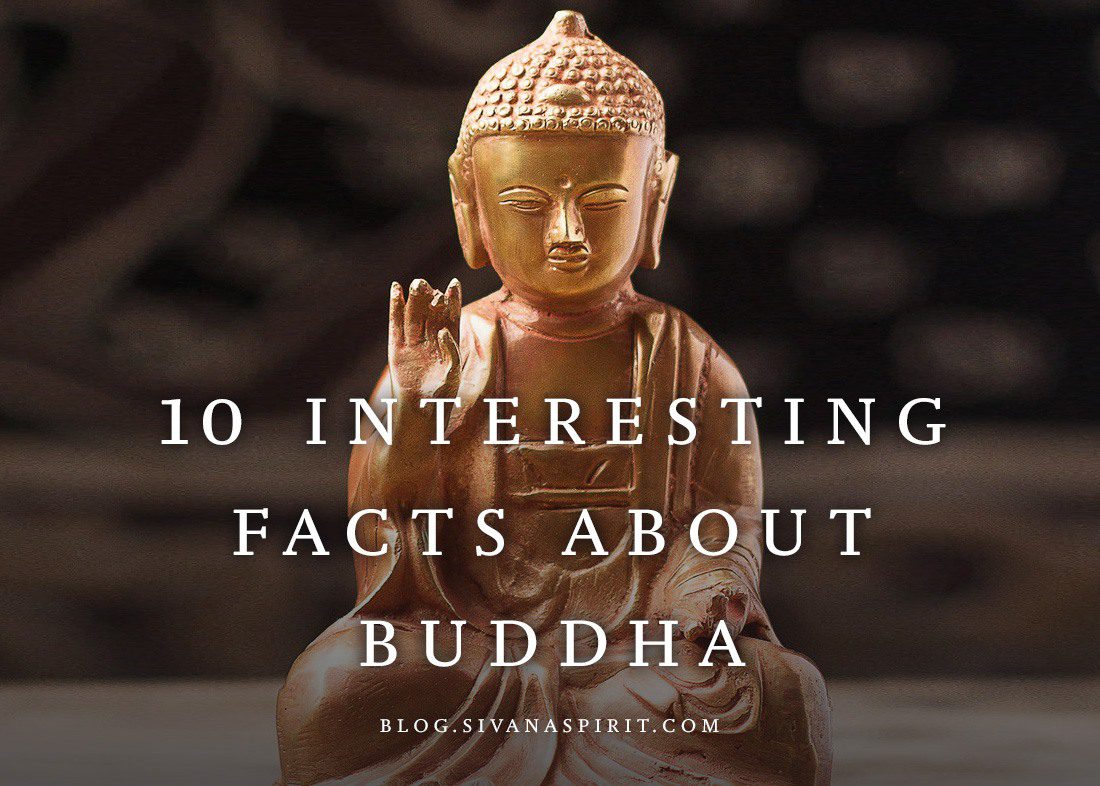Did you know that Buddhism is not considered a religion but a philosophy? Or that Buddhist monks and nuns live a simple life free from material possessions and distractions? Buddhism, with more than 500 million practitioners worldwide, has grown beyond its Asian roots to become a global phenomenon. Divided into three main branches – Theravada, Mahayana, and Vajrayana – Buddhism promotes enlightenment, inner peace, and compassion. Buddhism has also influenced modern psychology, with mindfulness-based therapy used to treat mental health conditions such as anxiety and depression. Reincarnation, a unique calendar, and profound art and cultural impacts are a few more surprising facts about this ancient philosophy.
10 Surprising Facts About Buddhism
1. Buddhism is Not a Religion
Contrary to what many people believe, Buddhism is not a religion. Instead, it is a philosophy that focuses on the teachings of the Buddha, who lived in ancient India more than 2,500 years ago. The Buddha’s teachings are based on the Four Noble Truths and the Eightfold Path, which encourage followers to strive for enlightenment, inner peace, and compassion.
2. Buddhism is Not Limited to Asia
Although Buddhism is commonly associated with Asian countries like Japan, China, and Thailand, it has also spread to Western countries in recent years. Today, there are more than 500 million Buddhists worldwide, and the religion is practiced in countries across the globe.
3. There are Three Main Branches of Buddhism
Buddhism is divided into three main branches: Theravada, Mahayana, and Vajrayana. Theravada Buddhism is the oldest and most traditional form of Buddhism, while Mahayana Buddhism is more focused on compassion for all sentient beings. Vajrayana Buddhism, also known as Tantric Buddhism, is a form of Mahayana Buddhism that focuses on the use of meditation and visualization.
4. Enlightenment is the Ultimate Goal of Buddhism
Enlightenment, also known as Nirvana, is the ultimate goal of Buddhism. Achieving enlightenment means reaching a state of inner peace, wisdom, and compassion, free from suffering and the cycle of birth, death, and rebirth.
5. Buddhist Monks and Nuns Live a Simple Life
Buddhist monks and nuns live a simple life, free from material possessions and other distractions. They are required to follow a strict code of conduct and devote their lives to studying and practicing the teachings of the Buddha.
6. Buddhism Has Influenced Modern Psychology
The practice of mindfulness, which is a key component of Buddhist meditation, has become increasingly popular in Western psychology in recent years. Mindfulness-based therapy has been shown to be effective in treating anxiety, depression, and other mental health conditions.
7. Buddhists Believe in Reincarnation
Buddhists believe in the concept of reincarnation, which means that after death, the soul is reborn into another body. The goal is to achieve enlightenment and escape the cycle of rebirth.
8. Buddhism Has a Unique Calendar
The Buddhist calendar is different from the Gregorian calendar used in the Western world. It is based on the lunar cycle and the Buddhist holidays are celebrated on different dates each year.
9. Buddhism Has Influenced Art and Culture
Buddhism has had a profound impact on art and culture throughout Asia. Buddhist art is known for its intricate designs and vibrant colors, and Buddhist temples and monuments are some of the most fascinating landmarks in the world.
10. Buddhism Promotes Non-Violence and Compassion
Buddhism promotes non-violence and compassion for all living beings. The religion emphasizes the importance of treating others with respect and kindness, and many Buddhists are vegetarians or vegans as a result. Overall, Buddhism teaches followers to live a peaceful and compassionate life, both for themselves and for the world around them.
